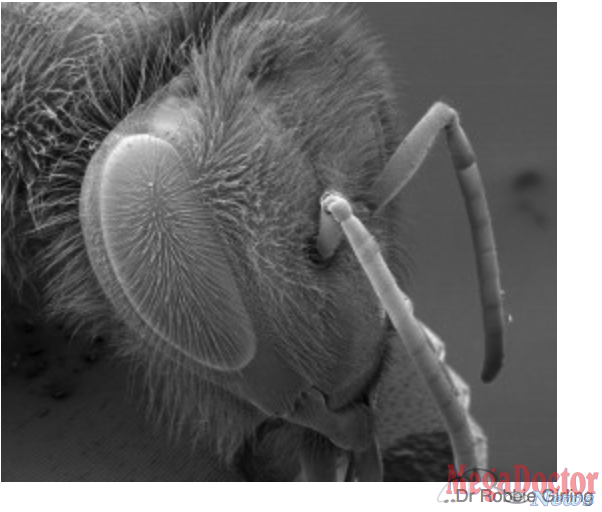
Mega Doctor News
Newswise — In polluted environments, diesel fumes may be reducing the availability of almost half the most common flower odours that bees use to find their food, research has found.
The new findings suggest that toxic nitrous oxide (NOx) in diesel exhausts could be having an even greater effect on bees’ ability to smell out flowers than was previously thought.
NOx is a poisonous pollutant produced by diesel engines which is harmful to humans, and has also previously been shown to confuse bees’ sense of smell, which they rely on to sniff out their food.
Researchers from the University of Southampton and the University of Reading found that there is now evidence to show that, of the eleven most common single compounds in floral odours, five have can be chemically altered by exposure to NOx gases from exhaust fumes.
Lead author Dr Robbie Girling, from the University of Reading’s Centre for Agri-Environmental Research (formerly of University of Southampton), said: “Bees are worth millions to the British economy alone, but we know they have been in decline worldwide.
“We don’t think that air pollution from diesel vehicles is the main reason for this decline, but our latest work suggests that it may have a worse effect on the flower odours needed by bees than we initially thought.
“People rely on bees and pollinating insects for a large proportion of our food, yet humans have paid the bees back with habitat destruction, insecticides, climate change and air pollution.
“This work highlights that pollution from dirty vehicles is not only dangerous to people’s health, but could also have an impact on our natural environment and the economy.”
Co-author Professor Guy Poppy, from Biological Sciences at the University of Southampton, said: “It is becoming clear that bees are at risk from a range of stresses from neonicitinoid insecticides through to varroa mites. Our research highlights that a further stress could be the increasing amounts of vehicle emissions affecting air quality. Whilst it is unlikely that these emissions by themselves could be affecting bee populations, combined with the other stresses, it could be the tipping point.”
This latest research is part of continuing studies into the effects of air pollution on bees. Previous work in 2013 found that bees in the lab could be confused by the effects of diesel pollution. Dr Girling and Dr Tracey Newman from the University of Southampton are currently studying how diesel fumes may have direct effects on the bees themselves.
The work is published in the Journal of Chemical Ecology and was funded by the Leverhulme Trust.










